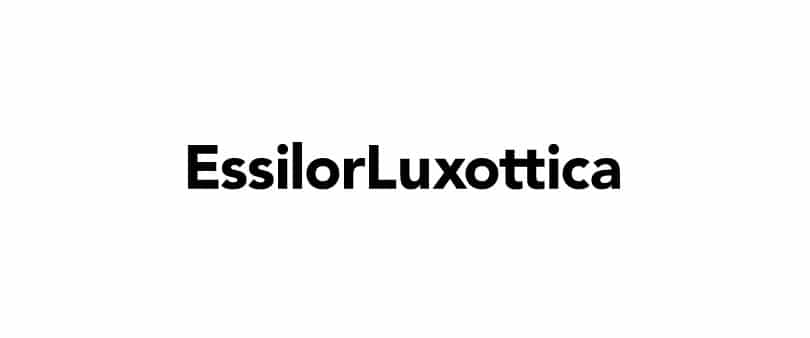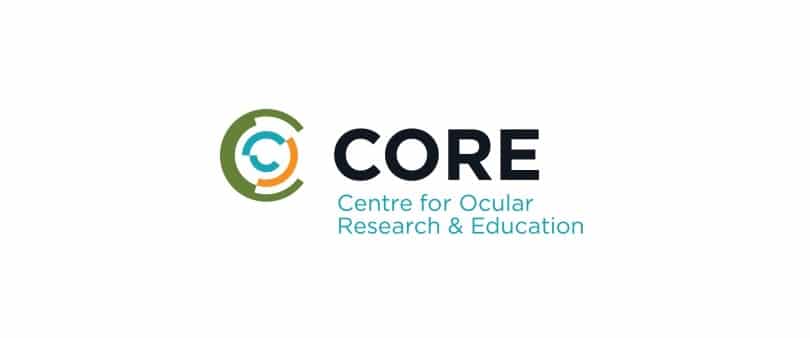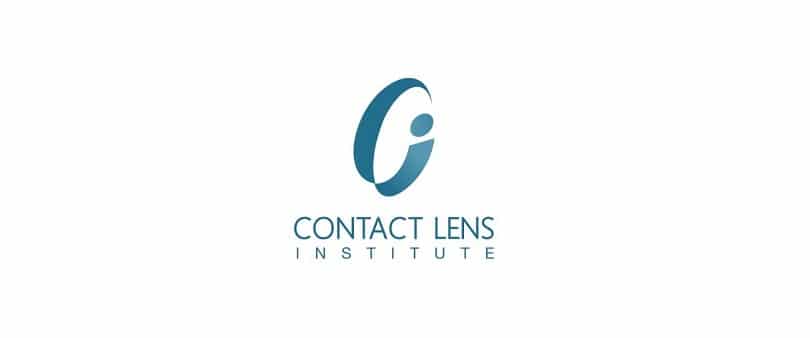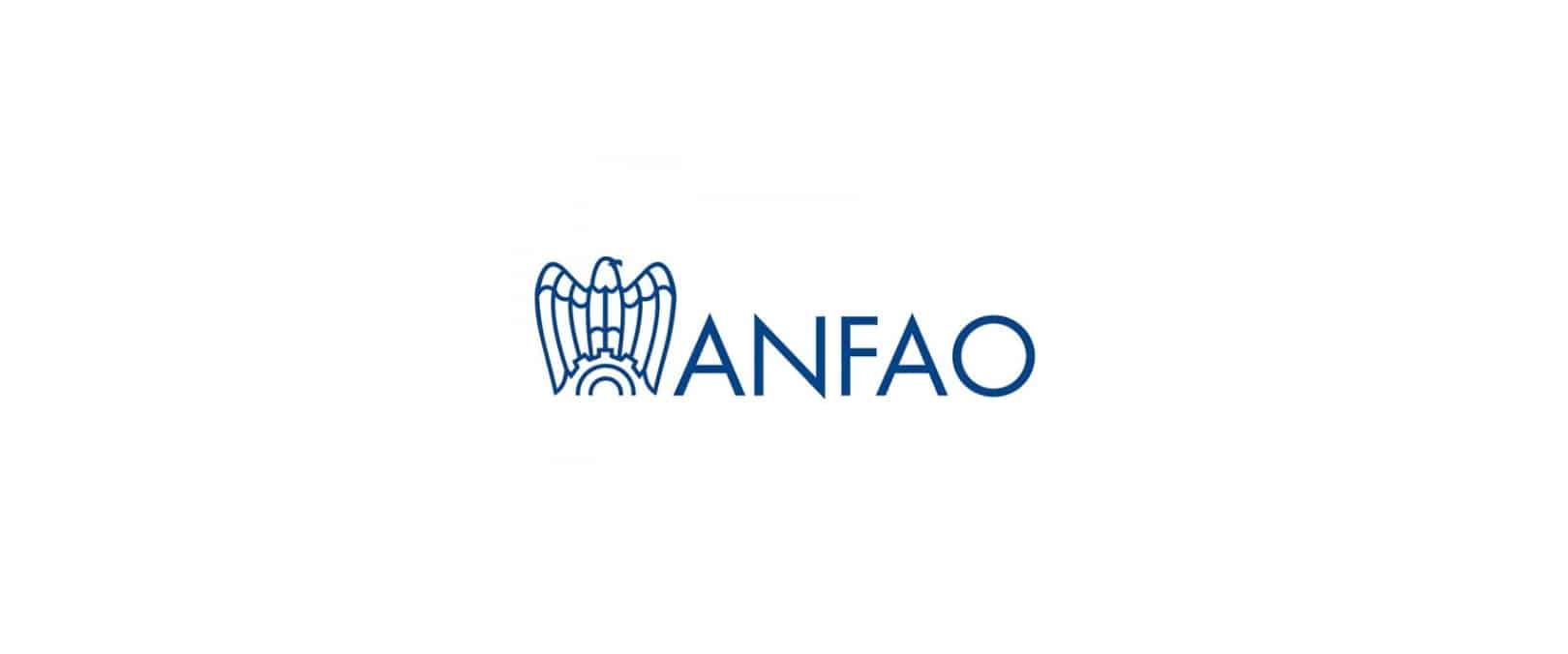Eye Damage Linked to Over-the-Counter Anti-Cholesterol Vitamin Can Be Reversed
Wednesday, October 30 2019 | 13 h 16 min | Vision Science
Retina specialists at the New York Eye and Ear Infirmary of Mount Sinai (NYEE) have shown that severe vision loss from a self-prescribed high dose of over-the-counter niacin is linked to injury of a specific cell type in a patient’s eye. The experts report that discontinuing the vitamin led to reversal of the condition and have published their findings in the fall issue of Journal of VitreoRetinal Diseases.
Niacin, also known as vitamin B3, is used for lowering hyperlipidemia or cholesterol and comes in prescription and over-the-counter forms; it can produce a rare toxic reaction called niacin-induced cystoid maculopathy, a form of retinal swelling.
The team of investigators from NYEE reported on a 61-year-old patient who arrived at the hospital with worsening blurry vision in both eyes that began a month earlier. The initial exam showed that the patient was almost legally blind, with best-corrected visual acuity of 20/150 in the right eye and 20/100 in the left eye. Subsequently, he admitted to taking an extensive list of supplements, which included three to six grams of niacin daily for several months to reduce his risk of cardiovascular events and was unaware of the risk to his eyesight.
Ophthalmologists from NYEE explained the situation to the patient and advised him to stop taking the over-the-counter niacin immediately. At his one-week follow-up appointment, his vision had noticeably improved. Two months later, the dysfunction had completely resolved and his vision was back to 20/20.








